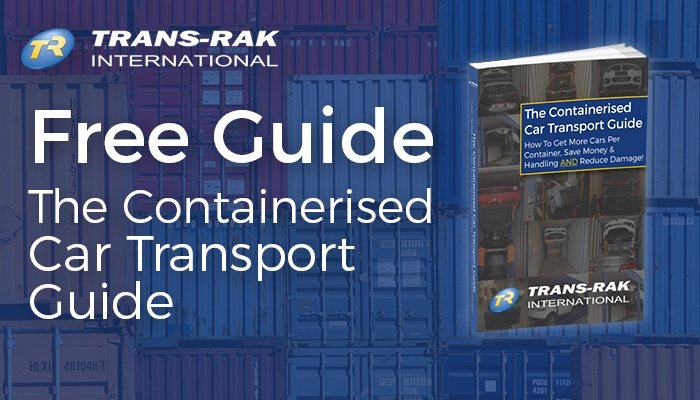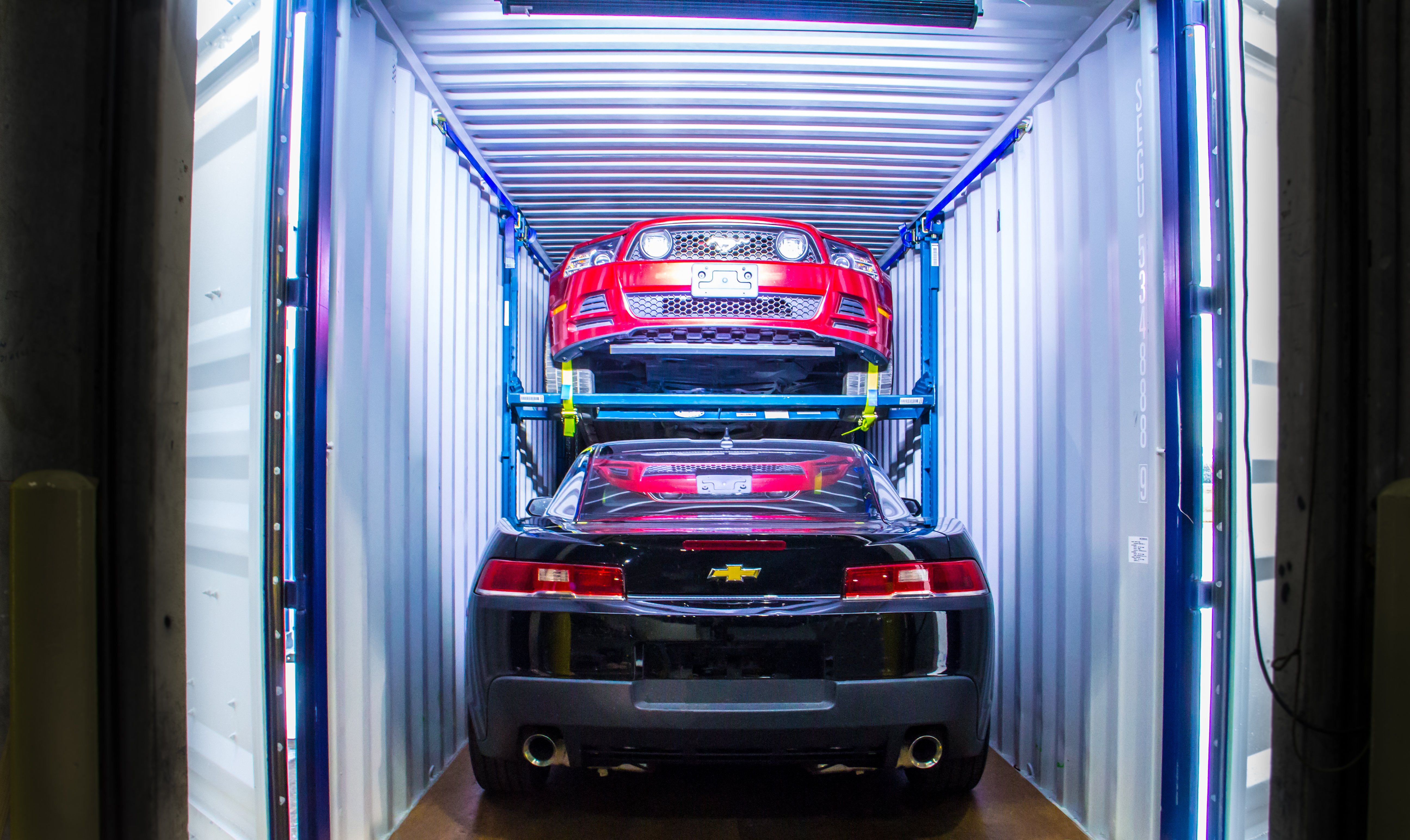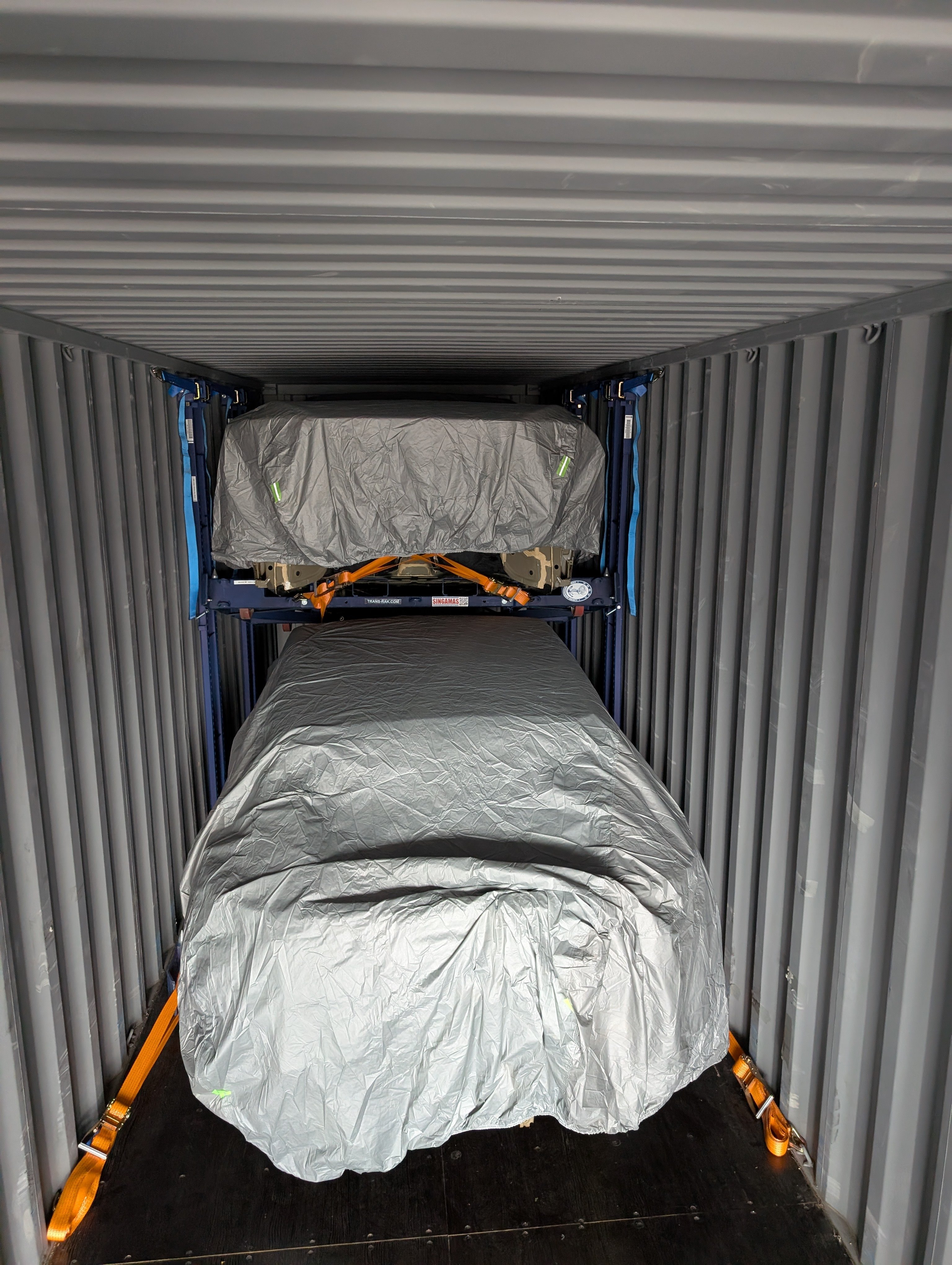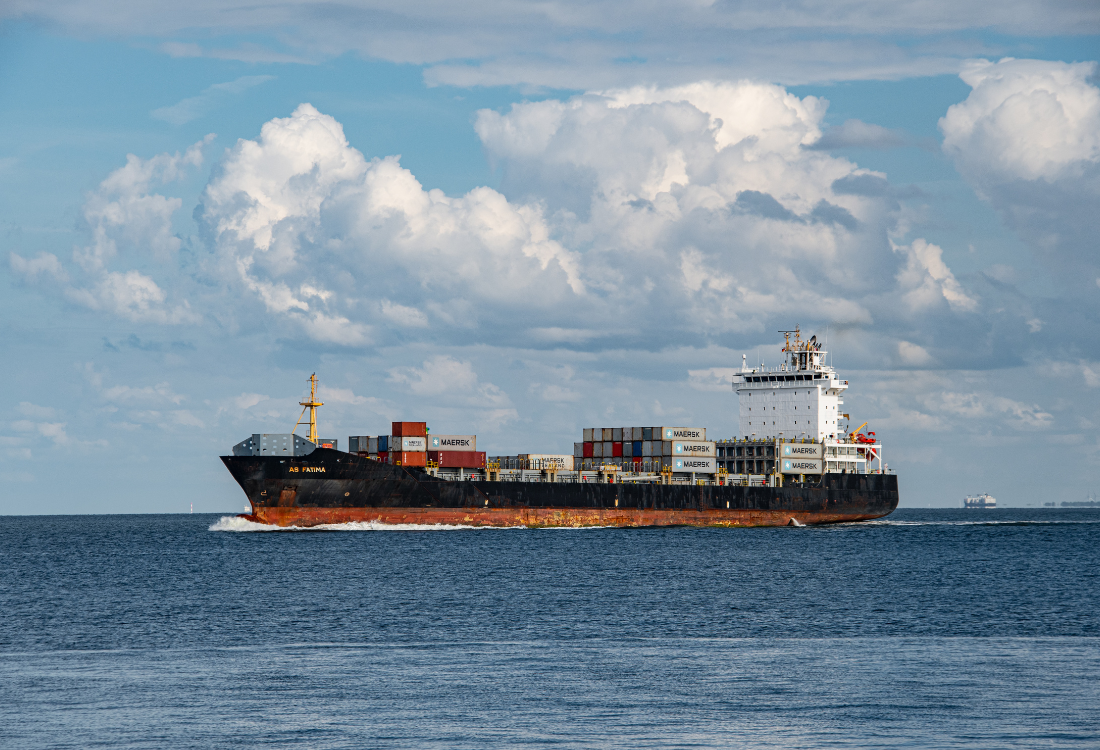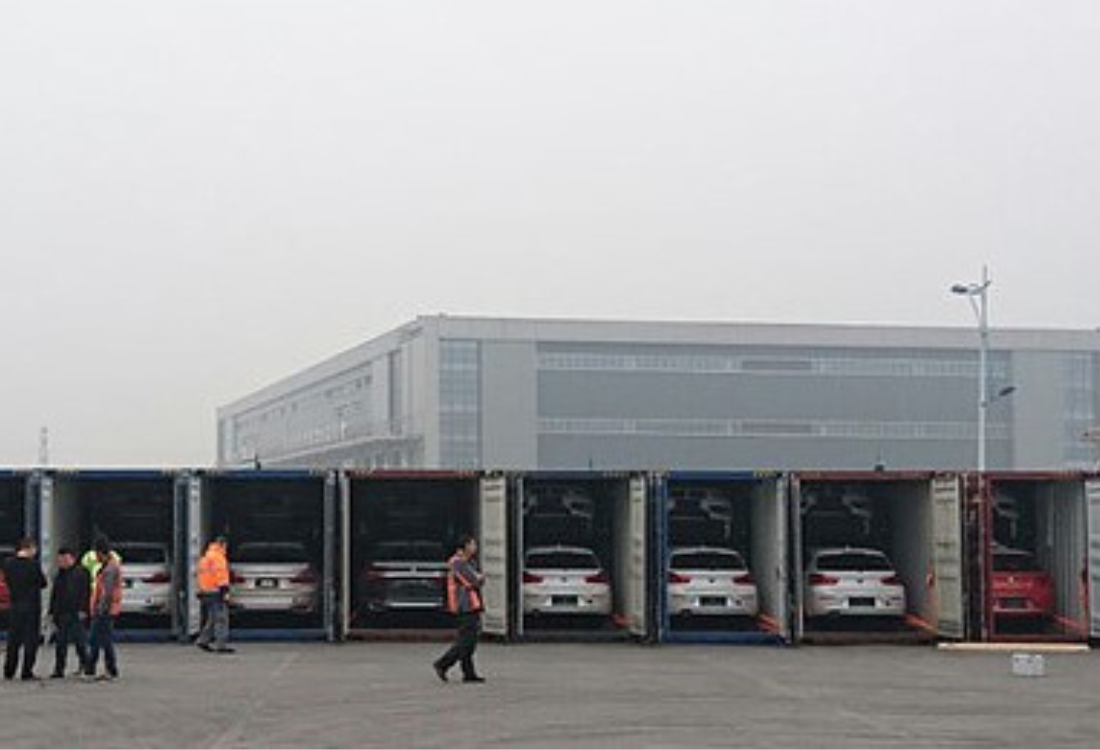
Misdeclared cargo is a serious issue in the global shipping industry, affecting not only the safety of the vessel and crew but also disrupting supply chains and, in some cases, leading to significant financial losses.
On containerships especially, misdeclared cargo can be difficult to detect, which, we imagine, only increases the temptation for individuals or businesses looking to avoid customs duties or import restrictions!
Misdeclared cargo was a significant enough global shipping issue for the World Shipping Council (WSC) to initiate new standardised screening procedures for misdeclared goods in September 2023, indicating the widespread nature of the problem. This was followed by similar measures by the US National Cargo Bureau, after 55% of inspected shipping containers were found to be non-compliant with safe shipping regulations, and 6.5% were found to be carrying dangerous misdeclared cargoes.
Cargo items are considered ‘misdeclared’ if the actual contents of a shipping manifest differ from the declared paperwork. Common forms of misdeclaration include:
1. Weight misdeclaration: the weight of the cargo is different from the declared weight – this can affect the stability and safety of the vessel, particularly if the cargo is significantly heavier than stated.
2. Hazardous material misdeclaration: If the cargo includes hazardous materials that are misdeclared, it can have serious safety connotations. Many hazardous materials require special handling and stowage procedures to prevent accidents.
3. Commodity misdeclaration: many misdeclarations include consignments with cargo that isn’t declared at all, causing issues with customs authorities, and potentially delaying the supply chain.
4. Classification misdeclaration: if cargo is classified under an incorrect category, whether by error or design, it can lead to improper handling and potential safety risks – e.g., a flammable substance might be wrongly classified as non-hazardous.
As we can see from this list, the reason that misdeclared cargo is such a topical issue at the moment is more than a matter of the customs man missing out on his cut. And nor is it only containerships that are under the spotlight for misdeclared cargo.
Misdeclared EV Batteries
One of the main focuses of the current WSC screening campaign is misdeclared lithium-ion batteries on Ro-Ro ships, which have been linked to some of the recent spate of deep-sea fires. Despite a series of dangerous and tragic fires at sea over the past few years (The 2023 Allianz Safety & Shipping Review reported 64 recorded files on vessels over the past decade), the global shipping industry has yet to get a grip on the serious issue posed by the lithium-ion batteries used by electric vehicles (EV).
If batteries are not safely disconnected and stored aboard ship, electric vehicles can pose a fire risk through thermal runaway, damaged battery cells or connecting devices, overcharging, and short-circuits. The presence of batteries can also aggravate other on-board fires triggered by other causes.
Misdeclared cargo is a safety risk that affects both Ro-Ro and container shipping and requires a combined effort to strengthen stowage safeguards for lithium-ion batteries and other hazardous materials.
Not only this, but the reason why so many shippers are prompted to fudge their shipping paperwork should also be investigated. Standardising and streamlining shipping rules for lithium-ion batteries internationally could reduce both non-compliance rates and documentation errors.
For more information about safe transport practices for electric vehicles, please contact us today.
Image Source: Canva



